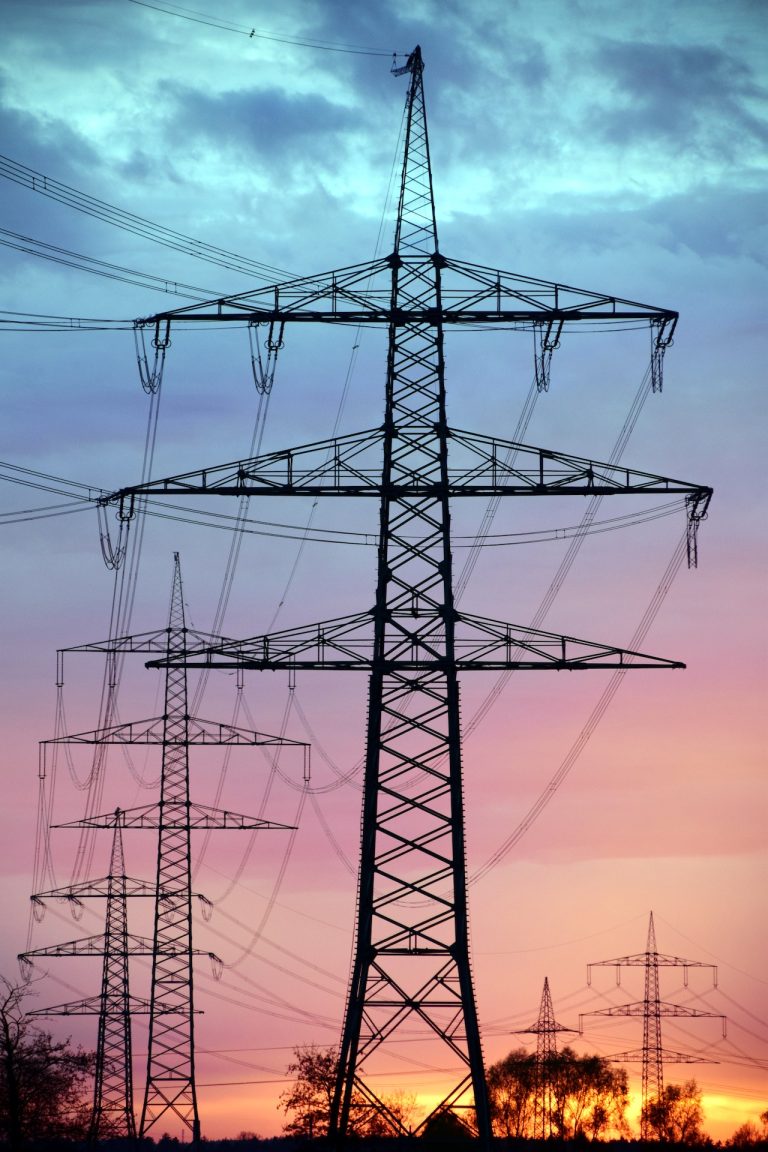The electric industry is essential to modern society, powering homes and businesses. With a growing demand for electricity and the rise of renewable energy sources, the industry offers numerous job opportunities for skilled workers. However, as with any profession, working in the electric industry comes with risks and challenges.
This article will provide an overview of the electric industry, discuss the benefits of working there, and identify six key dangers employees face.
What Is the Electric Industry?
Overview
The electric industry generates, transmits, and distributes electricity to consumers. It involves the production of electricity from various sources, such as coal, natural gas, nuclear, hydroelectric, wind, and solar power. The industry also includes maintaining and operating power grids, substations, and other infrastructure necessary for delivering electricity to homes and businesses.
Importance
Electricity is an indispensable part of modern life, powering everything from basic household appliances to advanced medical equipment and cutting-edge technology. The electric industry plays a crucial role in maintaining the stability and growth of the global economy and promoting environmental sustainability through the development of clean energy sources.
Types of Jobs in the Electric Industry
Numerous job opportunities within the electric industry span a wide range of expertise and skill sets. Some examples of jobs in this industry include the following:
- Power plant operators
- Electrical engineers
- Line workers and electricians
- Power grid technicians
- Renewable energy specialists
- Energy analysts and consultants
Benefits of Working in the Electric Industry
Job Security
As the electricity demand continues to grow, so does the need for skilled professionals in the electric industry. That means that job opportunities are likely to remain abundant, providing workers with high job security.
Competitive Salaries
Jobs in the electric industry often come with competitive salaries, reflecting the importance and complexity of the work. Many positions offer attractive benefits packages, including health insurance, retirement plans, and paid time off.
Opportunity for Career Advancement
The electric industry offers ample opportunities for career advancement, with options to specialize in specific areas or move into management roles. Ongoing professional development and training are often available, allowing employees to stay current with industry advancements and enhance their skill sets.
6 Dangers of Working in the Electric Industry
While the electric industry offers many benefits, it is not without its hazards. Here are six dangers that workers in this field may face.
Electrical Shock and Burns
Working with electricity inherently carries the risk of electrical shock and burns, and these injuries can range from mild to severe and can be life-threatening in some cases. Proper training, safety equipment, and adherence to safety protocols are crucial for minimizing this risk.
Falls from Heights
Many jobs in the electric industry require working at heights, such as installing or maintaining power lines and equipment. Falls from heights can result in serious injuries or fatalities, requiring workers to use fall protection equipment and follow safety guidelines.
Exposure to Hazardous Chemicals and Materials
Some job responsibilities in the electric industry involve handling hazardous chemicals and materials, such as insulating oils or asbestos-containing components. And, in really old factories and buildings, outdated building construction can lead to asbestos exposure. This was the case for Edison Electric workers in Boston. Exposure to these substances can lead to long-term health issues, so workers must use appropriate personal protective equipment and follow safety procedures.
Repetitive Motion Injuries
Tasks that require repetitive motions, such as twisting wires or using hand tools, can lead to repetitive motion injuries like carpal tunnel syndrome or tendonitis. Workers should take regular breaks and use ergonomic tools whenever possible to reduce the risk of these injuries.
Equipment Malfunction and Failure
Heavy machinery and equipment are often used in the electric industry, and malfunctions or failures can harm workers. Regular equipment inspections and maintenance and proper training on equipment use can help minimize this risk.
Stress and Mental Health Challenges
The electric industry can be a high-pressure work environment with tight deadlines, long hours, and high-stakes projects. This stress can affect workers’ mental health, leading to anxiety, depression, and burnout. Employees and employers must prioritize mental health and create a supportive work environment.
Conclusion
The electric industry is a vital and growing sector, offering numerous benefits for workers, including job security, competitive salaries, and opportunities for advancement. However, employees must be aware of the risks and dangers associated with working in this field, and employers must prioritize the safety and well-being of their staff.
By staying informed and adhering to safety guidelines and best practices, workers can minimize these risks and enjoy a rewarding career in this industry.

